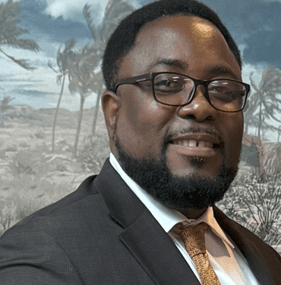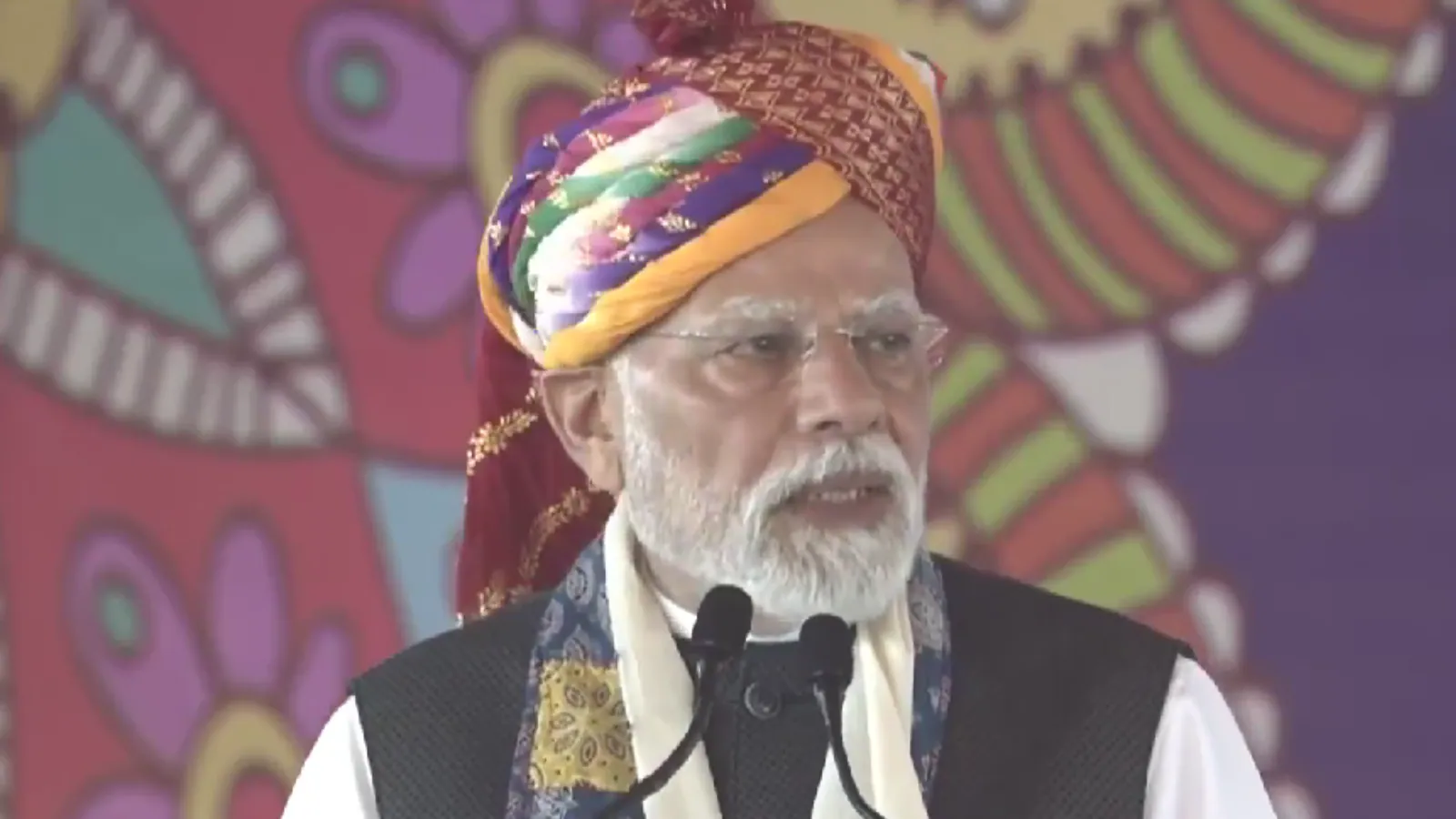The Business Strategy Analyst with Jules Nartey-Tokoli: The illusion of progress: How economic development is eroding African values (II)
By Francis
Copyright thebftonline

“A people that values privileges above its principles soon loses both.”—Dwight D. Eisenhower, 34th President of the United States.
In Part I, we examined how Ghana’s and Africa’s current development trajectory is failing to meet its deeper moral and societal needs. We saw that the obsession with numerical growth—GDP, FDI, and wealth indices—has come at the cost of social cohesion and ethical direction. Now, we turn to the consequences of this disoriented path, and more importantly, the solutions that can guide a new model of development rooted in African values, ethical leadership, and community well-being.
How Misguided Models of Development Are Failing Africa’s Youth and Morality
The global model of development—particularly that inherited from Western industrialized nations—is increasingly revealing its hollow core. What is touted as “progress” in both developed and developing economies often amounts to the proverbial “digging a hole to fill another hole.” This analogy rings especially true in many African contexts, including Ghana, where the adoption of Westernized socio-economic paradigms has failed to address root issues while creating even deeper societal wounds. In chasing GDP growth, foreign investment, and “modernization,” our societies have overlooked the most foundational elements of nation-building: morality, social cohesion, and ethical leadership.
Instead of addressing the systemic causes of underdevelopment, governments and corporate leaders in Africa have focused on superficial, often imported fixes. Meanwhile, structural inequalities, moral disorientation, and civic apathy have grown worse. As the eminent Nigerian scholar Claude Ake once said, “The problem with development in Africa is not the absence of planning, but the substitution of development with its mimicry.” In other words, African nations imitate the form of Western progress without its ethical or communal substance. We pursue more roads, more banks, more megamalls—while communities grow fragmented and social crises deepen.
One of the clearest symptoms of this failing paradigm is the state of Africa’s youth. In Ghana and elsewhere, young people are becoming increasingly disillusioned, aggressive, and desperate—symptoms not of inherent waywardness but of a system that has failed them. The Ghana Statistical Service (GSS) reports alarming levels of youth unemployment (nearly 20% as of 2023), and with limited access to opportunity, some resort to crime as early as age 13.
The rise in juvenile armed robbery and cyber fraud (commonly known as sakawa) is not simply a moral lapse; it is a reflection of systemic breakdown—of parenting, education, religious direction, and economic inclusion. As stated in a 2022 report by Ghana’s Centre for Social Policy Studies (CSPS), “the socio-economic environment today offers little moral or material incentive for virtuous living among young people.”
This crisis has deeper roots. The educational system, often hailed as the gateway to empowerment, has largely abandoned its moral mission. In pursuit of global competitiveness, schools have prioritized economic utility over civic responsibility. Students are taught to chase certificates, not character; careers, not calling. Religious education has become diluted or sidelined altogether.
Even some religious leaders, more interested in wealth accumulation than spiritual guidance, have failed to offer credible moral direction. The late Professor Kofi Awoonor once lamented that, “Our universities are producing educated illiterates—people who are clever but lack wisdom.”
President Dwight D. Eisenhower’s warning that “people pursue privileges instead of principles” has found tragic resonance across Africa. This pursuit has cost the continent both privileges and principles. Leaders are more interested in preserving power than serving the people; business elites prioritize personal gain over public good. The result? An ailing moral economy and a faltering human resource base. Africa’s youth—the continent’s most vital asset—are being lost not because they lack talent, but because they lack guidance, opportunity, and inspiration.
The biblical wisdom from Ecclesiastes 7:29, “God made us plain and simple, but we have made ourselves very complicated,” offers a sobering reflection on our development trajectory. We have traded simplicity, honesty, and community for complexity, greed, and individualism. And now, we reap what we have sown: a fractured society, a confused generation, and a leadership vacuum.
If Ghana and Africa are to reverse this trajectory, there must be a radical rethinking of development—one that reintegrates ethics, civic education, cultural identity, and spiritual depth into the core of governance, education, and economic life.
We must stop copying broken models and instead craft a path rooted in African values, guided by principle, and driven by purpose—not just profit. Only then can we fill the right holes—and build a society that uplifts, not undermines, the human spirit.
A New Paradigm for Development: Reclaiming Values for a Meaningful Future
The African continent stands at a crossroads. While the pursuit of economic advancement continues to dominate national discourse, it is increasingly evident that traditional metrics such as Gross Domestic Product (GDP) are insufficient to capture the essence of true progress.
In Ghana and across Africa, economic growth often coexists with deepening inequality, social fragmentation, and moral erosion. If development is to be sustainable and transformative, it must be underpinned by ethical principles, cultural integrity, and collective well-being. This calls for a fundamental shift—a reawakening that transcends material gains and prioritizes the preservation and promotion of societal values.
Redefining Corporate Social Responsibility in Africa
Corporate Social Responsibility (CSR) must evolve beyond token philanthropy and environmental campaigns. In the Ghanaian context, where business and politics are increasingly intertwined, CSR must embrace value-based leadership and genuine accountability. Companies must be seen not just as economic actors but as stewards of society.
According to a study by the Institute for Democratic Governance (IDEG) in Ghana, many CSR programs are perceived as performative, lacking meaningful community engagement or long-term impact. To change this, firms must integrate ethical business practices into their operations—ensuring fairness in labor practices, promoting work-life balance, and nurturing a culture of integrity.
African enterprises should promote family-friendly workplace policies that support parental involvement and reduce the pressures that fragment families. Additionally, CSR must actively support the preservation of indigenous values and communal systems that once formed the bedrock of African societies. As Prof. Patrick Awuah, founder of Ashesi University, has often emphasized, “Leadership, especially in Africa, must be ethical. Without ethics, progress becomes chaos.”
Educational Reform for Values and Purpose-Driven Learning
Education remains one of the most powerful tools for societal transformation—but it must be reoriented to serve a higher purpose. The current structure in Ghana, like in much of Africa, heavily prioritizes academic excellence and careerism at the expense of civic responsibility and moral formation. The Ghana Education Service (GES), in its revised curriculum, has made attempts to incorporate citizenship education, but implementation remains weak. There is a critical need to reintroduce structured moral and civic education, blending traditional wisdom with modern values.
Career guidance programs should help students discover purpose and encourage them to see education not just as a means to personal wealth, but as a path to societal contribution. This approach aligns with the African Union’s Agenda 2063, which calls for “an Africa where development is people-driven, unleashing the potential of youth and women.” Purpose-driven learning must replace the myopic emphasis on grades and job titles.
Strengthening Family and Community Values
The breakdown of family structures in Africa is not merely a cultural crisis—it is a developmental one. Urbanization, economic pressures, and changing work cultures have left parents with little time for meaningful engagement with their children. As a result, youth are left exposed to negative influences without proper guidance. A UNICEF Ghana report noted that strong family and community ties are essential in reducing youth vulnerability to crime, substance abuse, and extremism.
Governments and businesses alike should promote work-life balance by enforcing reasonable working hours, parental leave, and family-friendly policies. Community development projects should be revived to strengthen social networks, mentorship systems, and traditional communal values such as ubuntu—“I am because we are.”
Media and Cultural Reorientation
In a continent with growing digital influence and media consumption, the role of media cannot be overstated. Ghana’s vibrant media space—though constitutionally protected—has often succumbed to sensationalism, commercialism, and the glorification of material wealth. Media outlets must be reoriented to act as vehicles for positive change. As the Ghana Broadcasting Corporation (GBC) has acknowledged, “public broadcasting has a duty to inform, educate, and uplift society, not just entertain.”
Film, music, and online content must be harnessed to reinforce narratives of dignity, hard work, integrity, and compassion. The trend of celebrating opulence and reckless behavior, especially in social media influencer culture, must be replaced with stories of resilience, sacrifice, and communal success.
Re-evaluating Development Metrics
GDP growth does not necessarily mean societal well-being. Countries like Bhutan have pioneered alternative development models such as the Gross National Happiness index, which could offer African nations a framework for inclusive and human-centered progress. In Africa, the United Nations Development Programme (UNDP) advocates for use of the Human Development Index (HDI) to track not just income, but life expectancy, education, and dignity.
Incorporating such multidimensional indicators into national planning would force leaders to prioritize healthcare, education quality, social equity, and moral cohesion—not just exports and industrial output. As Dr. Esi Ansah of the University of Ghana Business School puts it, “We must measure what matters. What use is growth if our people are broken?”
Reforming Business and Economic Practices
Ethical capitalism must define Africa’s economic future. Businesses in Ghana and beyond must reject exploitative labor practices and environmental degradation. Instead, they should embrace fair wages, equitable access to opportunity, and sustainable business models. This echoes the African Union’s push for “inclusive growth” that benefits all segments of society.
Social enterprises, cooperatives, and inclusive business models should be scaled to address the needs of marginalized populations while fostering shared prosperity. Investment in employee well-being, ethical supply chains, and community ownership will build more resilient and trusted economies.
A Collective Reawakening
Ultimately, the transformation Africa needs cannot be left to governments alone. It requires a collective reawakening—where business leaders, educators, religious figures, media practitioners, and individuals all reclaim their responsibility to build a just, ethical, and humane society. True development is not only about bridges and banks—it is about values, about people, about purpose.
This is our challenge—and our opportunity: to build a future where African development is not just seen in numbers, but in the character of its people and the moral health of its communities.
The time has come for a collective reawakening. Ghana and Africa’s true development lies not in mimicking foreign models, but in embracing its own enduring values: communal solidarity, moral clarity, and visionary leadership.
Governments, businesses, educators, and media must collaborate to build an Africa where progress uplifts the spirit, not just the skyline. Again, pursuing privileges without principles leads to the loss of both. The future of Africa—and Ghana in particular—depends on rediscovering those principles and living by them, boldly and collectively.
Please let’s interact: +1 (914) 259-0242
The author is a dynamic entrepreneur and the Founder and Group CEO of Groupe Soleil Vision, made up of Soleil Consults (US), LLC, NubianBiz.com and Soleil Publications. He has an extensive background In Strategy, Management, Entrepreneurship, Premium Audit Advisory, And Web Consulting. With professional experiences spanning both Ghana and the United States, Jules has developed a reputation as a thought leader in fields such as corporate governance, leadership, e-commerce, and customer service. His publications explore a variety of topics, including economics, information technology, marketing and branding, making him a prominent voice in discussions on development and business innovation across Africa. Through NubianBiz.com, he actively champions intra-African trade and technology-driven growth to empower SMEs across the continent.



